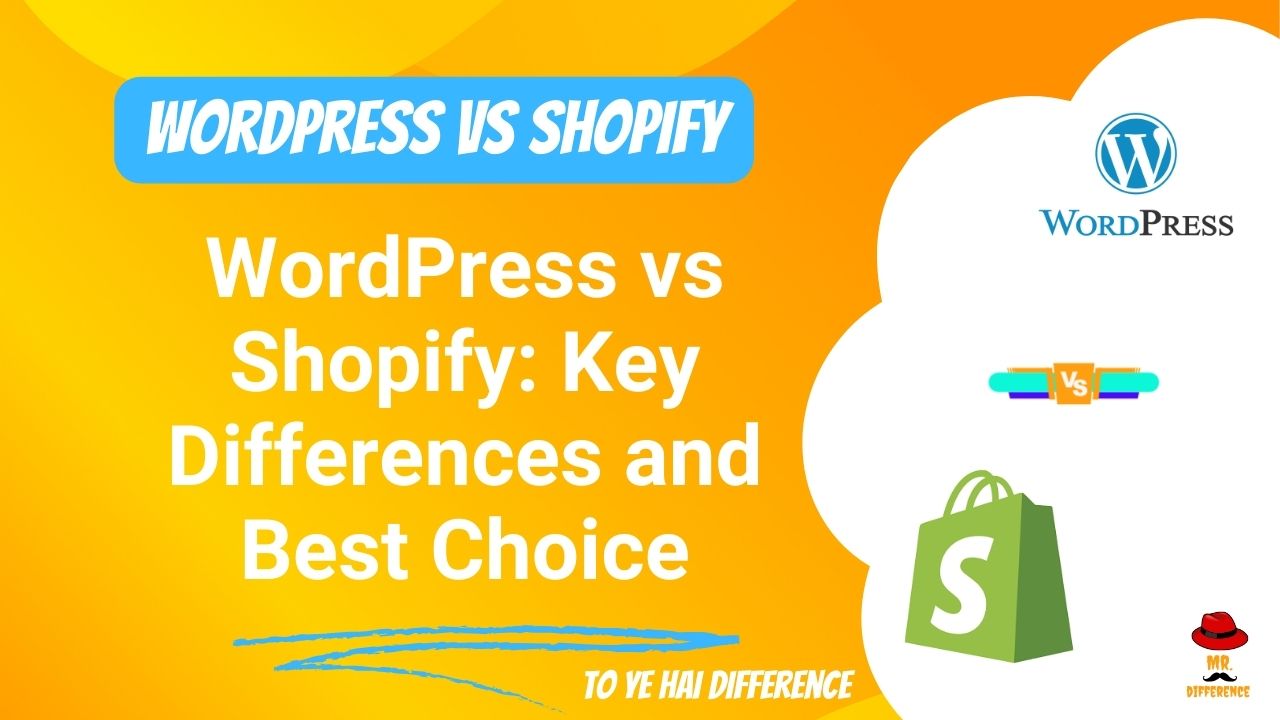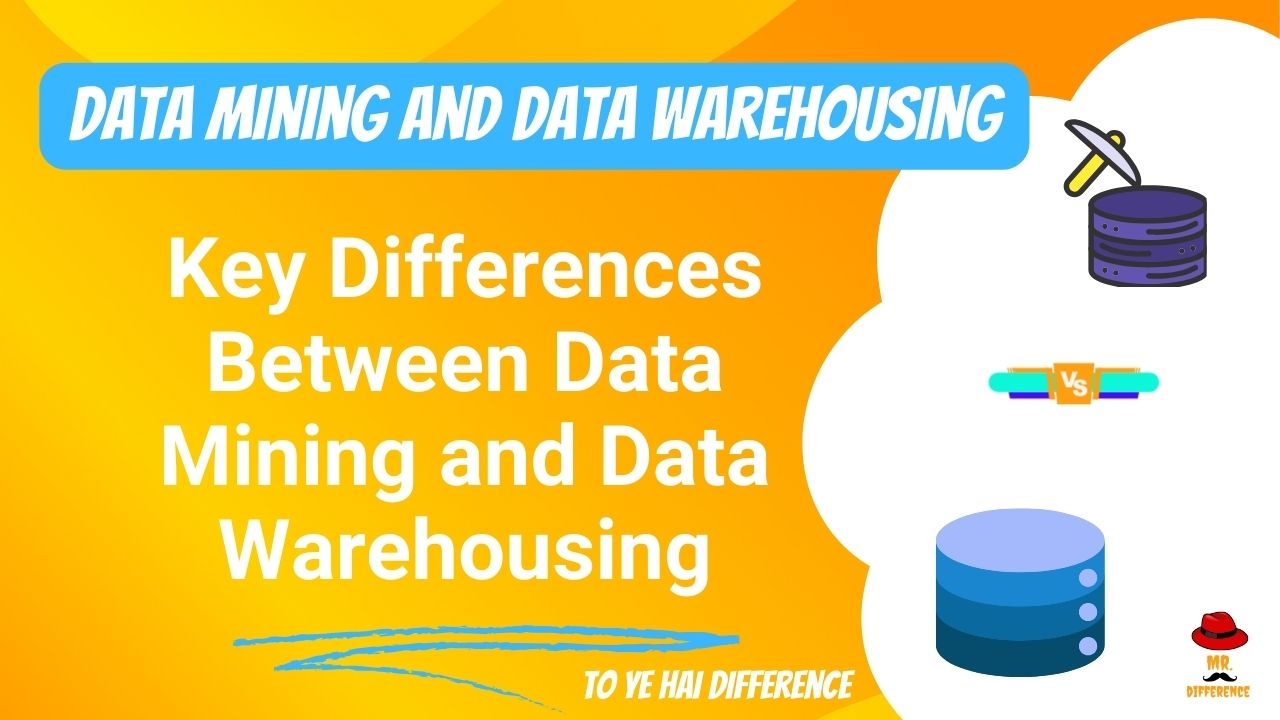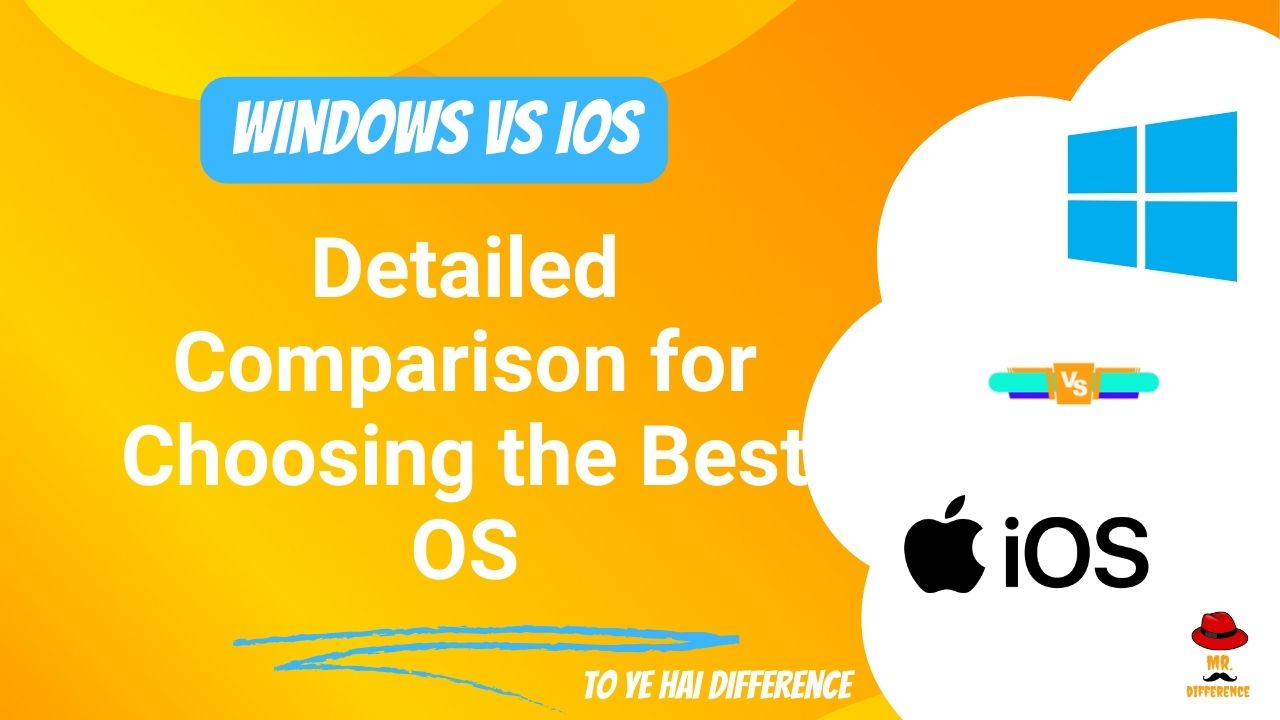Choosing the right platform for your website is a crucial decision that can significantly impact your online success. WordPress and Shopify are two of the most popular platforms available, each with its own strengths and weaknesses. Whether you’re building a blog, a business website, or an online store, understanding the key differences between WordPress and Shopify can help you make an informed choice. In this comprehensive guide, we’ll explore the features, benefits, and drawbacks of both platforms, helping you determine which one is the best fit for your needs.
Introduction to WordPress and Shopify
WordPress is a widely-used content management system (CMS) that powers over 40% of all websites on the internet. Originally created as a blogging platform, WordPress has evolved into a versatile CMS that can be used to build everything from simple blogs to complex e-commerce sites. Its open-source nature and vast community support make it a flexible and customizable option for web developers and beginners alike.
Shopify, on the other hand, is a dedicated e-commerce platform designed specifically for online stores. Unlike WordPress, Shopify is a hosted solution, meaning that it handles the technical aspects of running a website, such as hosting, security, and updates. Shopify is known for its ease of use and comprehensive e-commerce features, making it a popular choice for entrepreneurs and businesses looking to sell products online.
WordPress vs Shopify: Key Differences
When comparing WordPress and Shopify, it's essential to understand that they serve different purposes. WordPress is a multi-purpose CMS, while Shopify is focused solely on e-commerce. This fundamental difference influences how each platform functions and what they offer to users.
Purpose and Use Cases
WordPress is highly versatile, allowing users to create a wide variety of websites, including blogs, portfolios, business sites, and e-commerce stores. Its flexibility comes from the thousands of themes and plugins available, enabling users to add functionality and design elements as needed. WordPress is ideal for users who want complete control over their website's appearance and features.
Shopify, however, is tailored specifically for e-commerce. It provides a complete solution for creating and managing an online store, with built-in tools for product management, payment processing, and shipping. Shopify is perfect for users who want a streamlined, hassle-free way to sell products online without worrying about technical details.
Ease of Use
One of the most significant differences between WordPress and Shopify is the ease of use. WordPress offers a lot of flexibility, but this comes at the cost of a steeper learning curve. Users need to handle everything from choosing a hosting provider to installing themes and plugins. While there are many tutorials and resources available, beginners may find WordPress overwhelming at first.
Shopify, in contrast, is designed to be user-friendly. The platform provides a simple setup process, and users can have an online store up and running in minutes. Shopify's intuitive interface requires no technical skills, making it accessible to anyone. This ease of use is one of Shopify's main selling points.
Customization and Flexibility
Customization is another area where WordPress and Shopify differ significantly. WordPress is known for its incredible flexibility, allowing users to modify almost every aspect of their site. With thousands of themes and plugins available, users can create a website that looks and functions exactly how they want. For advanced users, WordPress also allows for custom code, providing limitless possibilities for customization.
Shopify, while customizable, offers less flexibility compared to WordPress. Users can choose from a range of themes and apps, but customization is generally more limited. Shopify’s themes are designed to be user-friendly, so customization options are often restricted to ensure that the platform remains easy to use. However, Shopify does offer a powerful API and access to the underlying code for developers who need more advanced customization.
E-commerce Capabilities: Shopify vs WordPress
When it comes to e-commerce, Shopify has a clear advantage over WordPress. Shopify is built specifically for selling products online, with all the necessary tools and features included out of the box.
Shopify’s Built-in E-commerce Features
Shopify offers a comprehensive set of e-commerce features, including product management, inventory tracking, payment processing, shipping, and more. Everything is integrated into the platform, so users don't need to worry about installing additional plugins or managing multiple tools. Shopify also supports multiple sales channels, allowing users to sell on social media, marketplaces, and other platforms directly from their Shopify store.
Adding E-commerce to WordPress with WooCommerce
While WordPress doesn’t have built-in e-commerce capabilities, it can be transformed into a powerful online store with the help of plugins like WooCommerce. WooCommerce is the most popular e-commerce plugin for WordPress, offering a wide range of features comparable to Shopify. However, setting up and managing a WooCommerce store requires more effort than using Shopify, as users need to handle aspects like hosting, security, and updates themselves.
Pricing and Costs
Pricing is a critical factor for many users when choosing between WordPress and Shopify. The cost of running a website can vary significantly depending on the platform and the specific needs of the user.
Cost of Setting Up a WordPress Site
WordPress itself is free to use, but there are costs associated with running a WordPress site. Users need to pay for hosting, which can range from a few dollars a month to hundreds of dollars for more advanced hosting solutions. Additionally, premium themes and plugins can add to the cost, especially if users require specific features or advanced functionality.
Shopify Pricing Plans
Shopify operates on a subscription model, with several pricing plans available. The basic plan starts at $29 per month, with more advanced plans costing up to $299 per month. These plans include hosting, security, and access to Shopify's core features. While the monthly cost may be higher than a basic WordPress setup, Shopify users benefit from a fully managed platform that simplifies the process of running an online store.
Hidden Costs and Extra Expenses
Both platforms can incur additional costs depending on the user's needs. For WordPress, these costs might include premium themes, plugins, and custom development. Shopify users might face extra charges for certain apps, transaction fees, or third-party services.
WordPress vs Shopify: Pros and Cons
Both WordPress and Shopify have their advantages and disadvantages, depending on the user's specific needs and goals.
Advantages and Disadvantages of WordPress
Advantages of WordPress:
- Highly customizable with thousands of themes and plugins.
- Open-source and free to use.
- Strong community support with extensive resources and tutorials.
Disadvantages of WordPress:
- Steeper learning curve, especially for beginners.
- Requires users to manage hosting, security, and updates.
- Customization may require coding knowledge.
Advantages and Disadvantages of Shopify
Advantages of Shopify:
- Easy to use with a simple setup process.
- Fully managed platform with hosting, security, and updates included.
- Comprehensive e-commerce features designed for online stores.
Disadvantages of Shopify:
- Limited customization compared to WordPress.
- Monthly subscription fees can be costly.
- Dependent on Shopify's platform and ecosystem.
SEO Capabilities: WordPress vs Shopify
Search engine optimization (SEO) is crucial for driving traffic to a website. Both WordPress and Shopify offer tools and features to help users optimize their sites for search engines.
SEO Features in WordPress
WordPress is renowned for its SEO capabilities, thanks to the wide range of plugins available. Plugins like Yoast SEO and All in One SEO Pack provide users with advanced tools to optimize their content, meta tags, and site structure. WordPress also allows for easy customization of URLs, title tags, and other on-page SEO elements, giving users complete control over their site's SEO.
SEO Features in Shopify
Shopify also offers robust SEO features, though they are more streamlined than WordPress. Shopify automatically generates sitemaps, allows for easy editing of title tags and meta descriptions, and provides built-in tools for optimizing product pages. While Shopify’s SEO capabilities are strong, they are more limited in terms of customization compared to WordPress.
WordPress vs Shopify: Security Considerations
Security is a top priority for any website owner. Both WordPress and Shopify offer different approaches to keeping your site secure.
How Secure is WordPress?
WordPress security largely depends on the user. While the platform itself is secure, users are responsible for maintaining their site's security by keeping themes, plugins, and WordPress core up to date. Additionally, users must implement security measures like SSL certificates, strong passwords, and security plugins to protect their site from attacks.
How Secure is Shopify?
Shopify takes care of security for its users, providing built-in SSL certificates, PCI compliance, and regular updates to protect against vulnerabilities. Since Shopify is a hosted platform, users don’t need to worry about security patches or server maintenance, making it a more secure option for those who prefer a hands-off approach.
WordPress vs Shopify: Customer Support and Community
Support and community resources are essential for anyone building and maintaining a website.
WordPress Support Options
WordPress has a vast community of users and developers who contribute to forums, tutorials, and documentation. While there is no official WordPress support team, users can find help through community forums, online courses, and third-party services. For those who need more personalized support, hiring a developer or purchasing premium themes and plugins often includes support.
Shopify Support Options
Shopify provides 24/7 customer support through chat, email, and phone. Users can also access a wealth of resources, including video tutorials, guides, and a community forum. Shopify’s dedicated support team is a significant advantage for users who need immediate help with their online store.
Real-World Examples: WordPress vs Shopify
Seeing how real businesses use WordPress and Shopify can provide valuable insights into which platform might be right for you.
Successful Websites Built with WordPress
Many high-traffic websites are built on WordPress, taking advantage of its customization options and robust features. For example, **TechCrunch
**, a leading technology news website, uses WordPress to manage its extensive content and deliver a seamless user experience.
Successful Online Stores Built with Shopify
Shopify powers thousands of successful online stores, from small businesses to major brands. For instance, Gymshark, a popular fitness apparel brand, uses Shopify to manage its e-commerce operations and scale its business globally.
FAQs: WordPress vs Shopify
Is WordPress Better Than Shopify for SEO?
WordPress offers more advanced SEO customization through plugins, making it a better choice for those who need complete control over their site's SEO. However, Shopify’s built-in SEO features are sufficient for most users and are easier to manage.
Can I Use Shopify with WordPress?
Yes, you can integrate Shopify with WordPress using the Shopify Buy Button or third-party plugins. This allows you to combine WordPress’s content management capabilities with Shopify’s e-commerce features.
Which Platform is More Affordable?
WordPress can be more affordable if you opt for basic hosting and free themes/plugins. However, costs can add up with premium features. Shopify’s pricing is straightforward, but the monthly fees may be higher.
Do I Need Coding Skills to Use WordPress or Shopify?
You don’t need coding skills to use either platform. WordPress offers more customization options, which may require some coding knowledge for advanced features. Shopify is designed for ease of use and doesn’t require any coding.
Which Platform is Better for a Small Business?
Shopify is often better for small businesses focused on e-commerce due to its all-in-one solution and ease of use. WordPress is more suitable for businesses that need a versatile website with blogging and content management features.
How Do I Migrate from WordPress to Shopify (or vice versa)?
Migrating between platforms requires exporting and importing your content, products, and customer data. There are tools and services available to assist with this process, but it can be complex, especially if you have a large website.
Is Shopify Good for Blogging?
Shopify offers basic blogging features, but they are limited compared to WordPress. If blogging is a significant part of your strategy, WordPress is the better option.
Can I Switch from Shopify to WordPress Easily?
Switching from Shopify to WordPress requires careful planning, as you’ll need to transfer content, products, and customer data. There are migration tools available, but it can be a time-consuming process.
Conclusion
Choosing between WordPress and Shopify depends on your specific needs and goals. If you’re looking for a flexible, customizable platform with robust content management features, WordPress is likely the best choice. However, if you want an easy-to-use, all-in-one solution for running an online store, Shopify is hard to beat. Both platforms have their strengths and weaknesses, so consider what’s most important for your website.
Which platform do you think is best for your needs? Share your thoughts in the comments below!





Write a comment